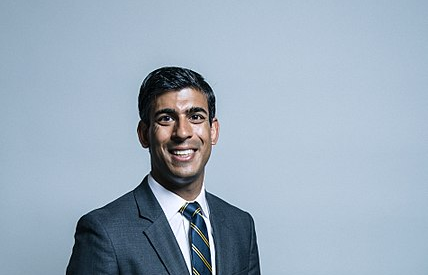Changes to the tax rates on capital gains could raise billions of pounds for the Exchequer, says a new report from the Office of Tax Simplification (OTS).
The government’s independent tax adviser has estimated increased revenues of £14 billion could be achieved by cutting exemptions and doubling rates.
Big losers in this would be second home owners and those whose assets are not shielded from tax.
The chancellor, Rishi Sunak, will have to take the report seriously as the OTS said the current system of CGT “can distort behaviour” as people try to reduce their tax bills, and was just “too complex”.
OTS ventured that the current rate of 10% for basic-rate taxpayers and 20% for higher-rate taxpayers, or 18% and 28% for residential property that is not a main house, could be doubled to bring it in line with income tax rates of 20%, 40% and 45%.
Currently the first £12,300 of CGT is exempt, and it is estimated some 50,000 taxpayers narrowly avoided paying it in 2017/18.
However, BDO’s Helen Jones said: “Higher rates of capital gains could distort behaviour as people choose to retain assets rather than trigger a tax charge. In order to enable the economy to thrive, it is essential that CGT rates remain lower than income tax so that we incentivise individuals and businesses to keep investing into the UK.”
Meanwhile, the Association of Tax Technicians (ATT) has concerns about reducing the annual exemption amounts. It is worried that any moves to reduce this allowance could result in more individuals with smaller gains coming into the scope of CGT. “These individuals may struggle with the necessary tax administration,” it explained.




